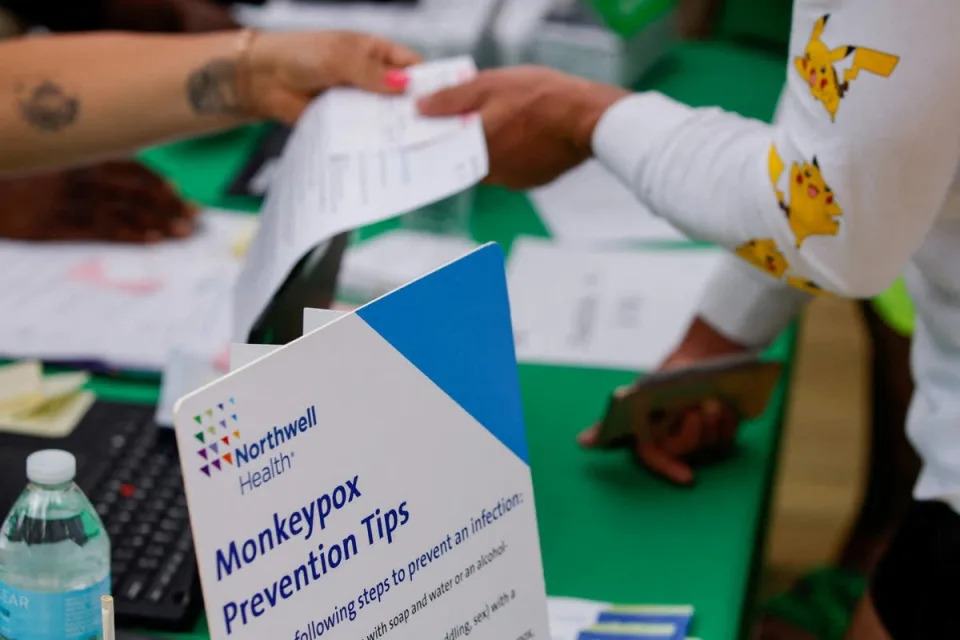This Monday, the Japanese Ministry of Health detected the first case of monkeypox in the Japanese nation. The contagion occurs only two days after the WHO (World Health Organization) declared this condition an “international health emergency”.
The infection was detected in a 30-year-old patient, resident of the city of Tokyo. So far, no further details have been provided in this regard.
It is worth mentioning that, since the covid-19 pandemic began , Japan has maintained strong border restrictions, which is why it does not allow foreigners to enter its territory, except for small organized groups with certain limitations.
Just last Saturday, the WHO declared monkeypox a global emergency, since almost 17,000 cases have been detected in 75 countries.
“I have decided to declare a public health emergency of international scope,” WHO Director General Tedros Adhanom Ghebreyesus said at a press conference, asserting that the risk in the world is moderate, with the exception of Europe, where it is high. .
It is worth mentioning that, until a month ago, Ghebreyesus and the WHO work team considered not classifying monkeypox as an international public health emergency, because there were only 3,000 active cases and five deaths in at least 47 countries.
Last Friday, the Bavarian Nordic company announced that the Committee for Medicinal Products for Human Use (CHMP) of the European Medicines Agency (EMA) preliminarily approved the IMVANEX vaccine, which It gives protection to people against the disease known as monkeypox.
“The CHMP recommendation will be forwarded to the European Commission (EC) for final approval shortly. Once granted by the EC, the extended marketing authorization will be valid in all member states of the European Union, as well as in Iceland, Liechtenstein and Norway,” the company’s statement said.

